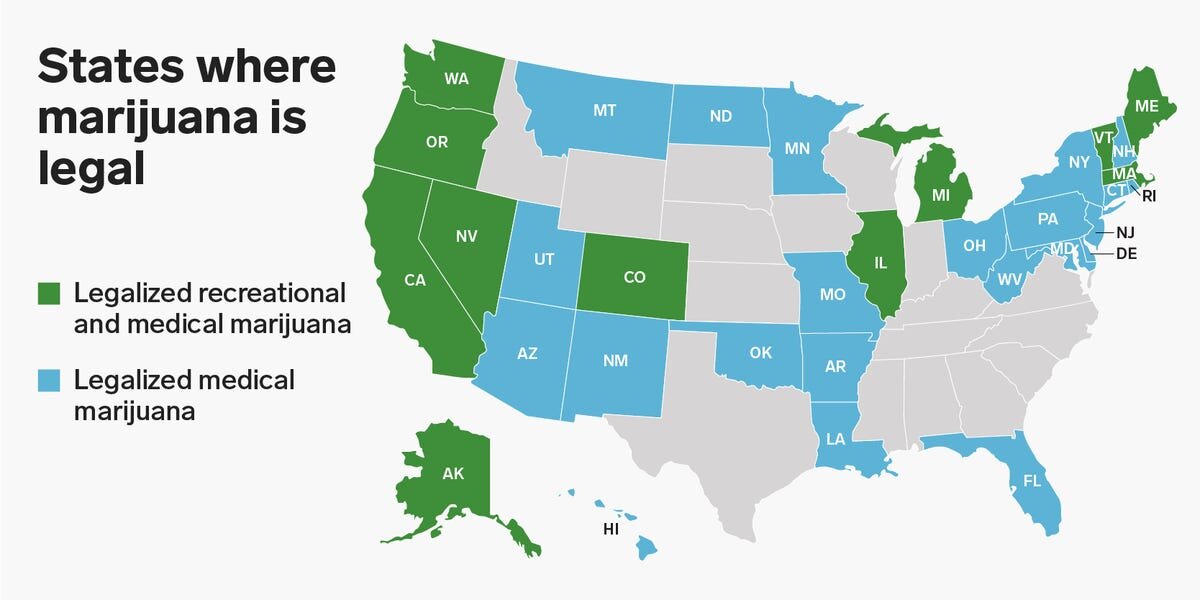Why do we know so little about cannabis?
Cannabis use dates back to the earliest civilizations known to man. Evidence of the plant's use has been found in archaeological sites and ruins around the world. The earliest of which was discovered in a 2,500 year old cemetery in Western China.
So, with such a long history, why do we know so little about it? That is a more modern problem caused in large part by politics. Scientists and researchers looking to learn about the plant have run into barriers including government regulations, supply limitations, and funding roadblocks.
History of Cannabis Regulation
To understand this problem, we have to look back to 1999 when the Institute of Medicine published a report titled “Marijuana and Medicine: Assessing the Science Base.” This, one of the first credible studies on the effects of cannabis, started a trend of medicinal use and legalization across the country.
But, how does this affect research?
Despite these changes in state policy and the increasing prevalence of cannabis use and its implications for population health, the federal government had not legalized cannabis in any form. Additionally, they continued to enforce restrictive policies and regulations on research into the health harms or benefits of cannabis products that were available to consumers in a majority of states. As a result, research on the health effects of cannabis and cannabinoids has been limited in the United States, leaving patients, health care professionals, and policy makers without the evidence they need to make sound decisions regarding the use of cannabis and cannabinoids.
Legalization Today: The Numbers
Recreational Marijuana: 11 States Legalized
Medical Marijuana: 33 States Legalized
Other cannabinoids: All States Legalized
Cannabis Current State
In 2018, the cannabis world was changed. “The Agriculture Improvement Act of 2018” (aka the Farm Bill) legalized hemp derived CBD that contains no more than 0.3% THC (by dry weight).
With a relaxation of restrictions on hemp derived cannabis products, research is finally being conducted. However, we want you to understand that this is not an overnight process. We probably won't know the full effects, both positive and negative, of cannabinoids for many years to come.
What do we know?
CBD has been touted for numerous health benefits supported by a mixture of anecdotal and clinical research. Most credibly, the FDA has approved a drug, EPIDIOLEX, for treatment of especially severe cases of epilepsy. Other clinical studies have reported that CBD helps reduce inflammation caused by arthritis. Researchers have also seen promise using CBD to treat neuropathic and inflammatory pain some of the most common causes of chronic pain, which are also the hardest to treat. These are only a few of the many studies that are being conducted. Each new piece of information gets us one step closer to understanding the complex cannabis plant and its effects on the human body.

